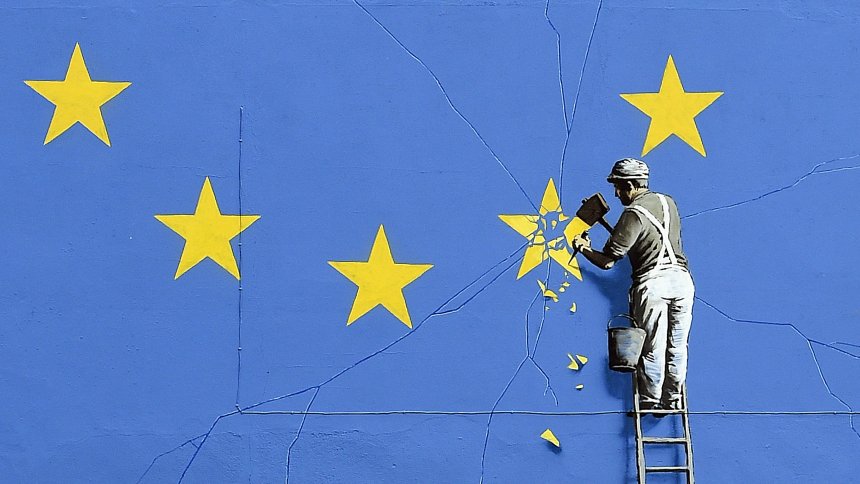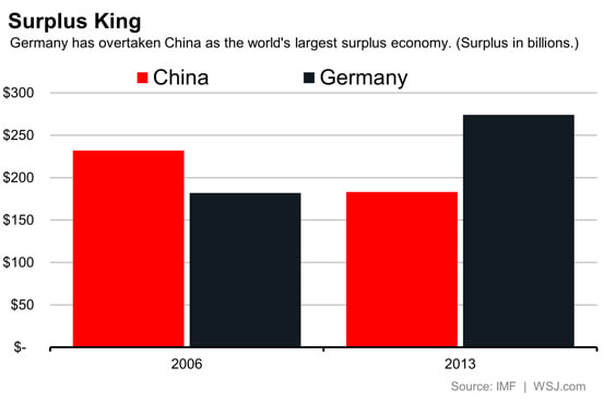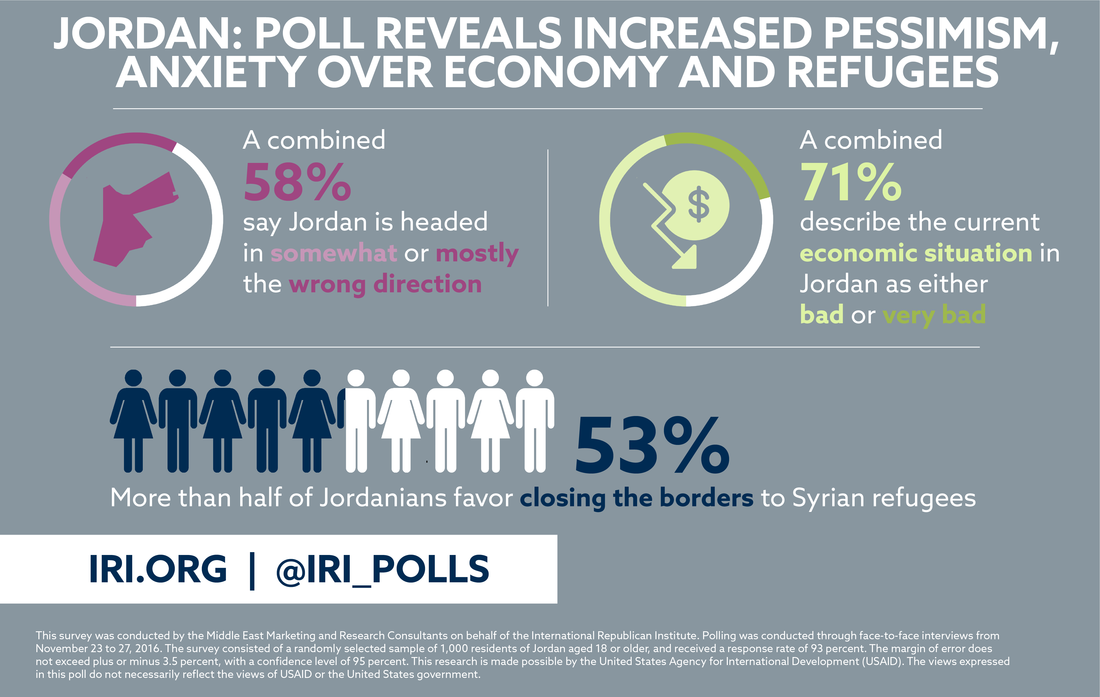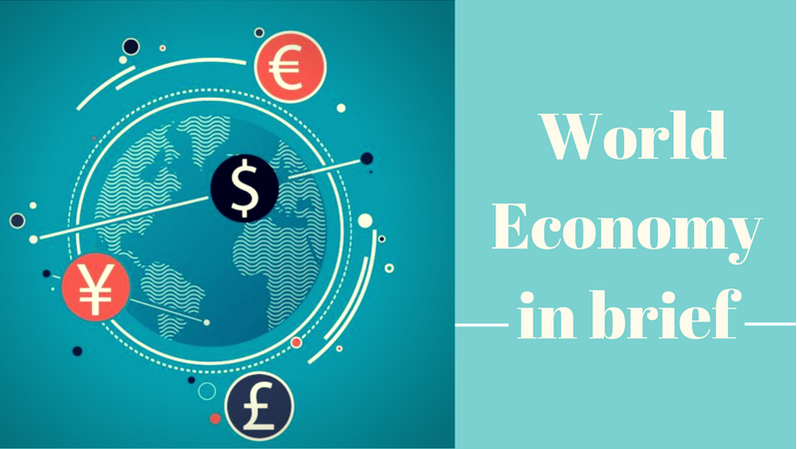ECONOMICS STUDY CENTER, UNIVERSITY OF DHAKA
|
Ali Akhyear, Fardeen Kabir, Sheikh Tausif Ahmed May's Brexit Plan and The U.K-E.U future Ali Akhyear British PM Theresa May faces criticism from Brexit zealotsas she tries to keepthe U.K.'s economic relationship intact with the European Union even after Brexit. The phenomenon is also referred to as so-called soft Brexit which is more like “no-Brexit”. Despite everything, this might be the best possible way to avoid the chaos of such an exit. May’s plan would allow close-to-frictionless trade between Europe and Britainas she wants a free-trade area based on the EU’s rule book for goods. Such a deal would require the U.K. to collect tariffs on the EU's behalf whichmight remove the need for a physical border between Ireland and Northern Ireland. A no-deal Brexit would lead to a more conservative movement of people between Europe and the U.K. Even services wouldn’t be covered which would be a great drawback for an economy like Britain's(one-sixth of Europe).With very few time before Brexit and little public support for a second referendum to reverse Brexit, May’s plan is the best possible way to compensate the economical loss Britain and Europe would face due to the exit.  But May's plan can only get light if she survives the protests she has been facing in the Westminster.But that will make only half the mission accomplished. The other half of the job can be done only on the basis ofhow European leadersrespond. But May's plan isn’t to their liking as it splits the difference between a stripped-down free-trade deal and the so-called Norway option of full single-market membership. If the European leaders are flexibleenough andforward talks in a constructive spirit, the scope will be opened for additional U.K. grants on the movement of people between Europe and the U.K. which would benefit both the economies. But if the European leaders create a completely different scenario by dismissing May's plan, it would force May and her government from the office and lead to a more likely zero-deal-Brexit. This mightdeteriorate both the economies and would poison the U.K.-E.U the relationship for years. So Europe should give the plan a chance. A massive trade surplus: A massive liability for Germany Fardeen Kabir  Germany, one of the largest E.U economies, exports more than it imports. Its trade surplus is becoming a big problem for its economy as it discourages foreign investment within the country as well as is leaving some other trade partners worse-off. Germany is an export-oriented economy which often encourages protectionism,a policy which shields the economy from the competition of foreign companies,eventually leaving other countries worse-off in a world of the free market. The trade surplus in Germany’s economy is becoming a matter of growing concern.As Gabriel Felbermayr,the director of the ifo Center for International Economics,said “The surplus is becoming toxic and also within Germany many argue now that we need to do something about itwith the purpose of lowering it.It turns out to be a liability than an asset”. and most other countries in E.U follow the same economic policy,and currently, they are running huge trade surpluses, mostly with the U.S, one of the major reasons why Trump is imposing tariffs in E.U. The E.U have also threatened to take retaliatory measures, further heating up trade conditions across the Atlantic. The current economic situation in Germany is discouraging corporate investment,which is a matter of great concern for the country.Experts have suggested that Germany,as well as the greater Europe,should have a fiscal policy that includes cut on corporate taxes and personal taxes to stimulate domestic demand,which is very important to tackle current trade situation. It is high time Germany took the notice of it as the global economy passes through a critical time period. Will Syrian takeover of key crossing boost Jordan's economy? Sheikh Tausif Ahmed  Nasib-Jaber border crossingbetween Jordan & Syria was a major trading point up until 2015, when therebels in the ongoing Syrian civil-war took over the crossing & Jordan shut down its side, refusing to trade with a non-state party.The free trade zone at the Jaber-Sarhan region of Jordan near the crossing was not only a trading point for Jordan but also a transit point between countries in the north like- Turkey, Lebanon & countries in the south like Egypt&Gulf countries. Which allowed Jordan to run a transport operation & a recreational business at that area, which added to the Jordanian economy. Losing this trade line & the other businesses related to it, led the Jordanian economy into disarray. Before the war, Jordan's Investment Commission handled $1.5bn worth of trade every year.Trade between Jordan & Syria amounted to $500M.Now, all that amounts to zero, prompting Jordan to take a $723M loan from IMF to bring down its high debt level. All that may change now, thanks to a recent development.On June 19, Syrian government troops backed by Russian air power launched a fierce offensive in the southwestern province of Deraa, forcing the rebels to reach a deal with the regime, which involved giving up the border-crossing. Hours after the deal was struck, Syrian forces reached the border-crossing for the first time in years and re-took control. This development gives hope to the Jordanian people that the border-crossing will open soon & their economy will receive the much-needed boost.When it’s still uncertain when the crossing may open & the trade will continue again, thesepeople are already dreaming of a better future.
0 Comments
Leave a Reply. |
Send your articles to: |




